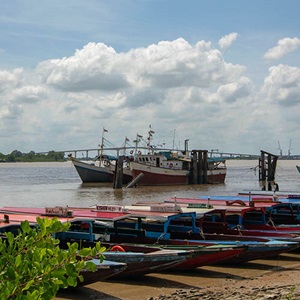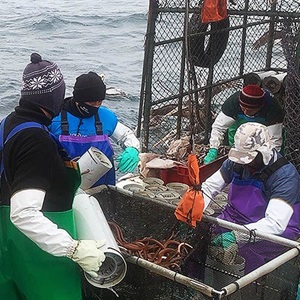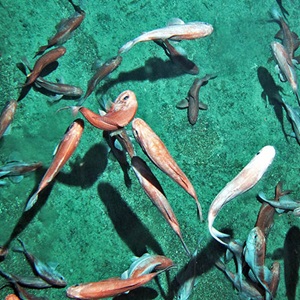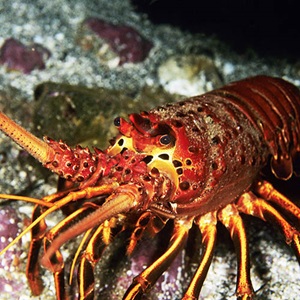To meet sustainability requirements, the South African fishery is working with a student researcher to investigate the causes and frequency of interactions with orcas and Cape fur seals.
- Increase understanding of the risks to orcas (killer whales) and Cape fur seals during depredation
- Use existing fisheries observer data to quantify depredation rates over the past 20 years
- Inform management decisions around minimising marine mammal interactions and improving hake stock assessments
Start date: April 2024
£4,700 GBP
Student Research Grant
Awardee
Lindiwe Makapela (Master’s student), Stellenbosch University
Fishery
South Africa hake longline fishery
Improving fishing practices though data collection
The South African hake longline fishery is verified as part of the In-Transition to MSC Program and is aiming for certification to the MSC Fisheries Standard. As part of the assessment process the fishery must demonstrate it is minimising its impacts on Endangered, Threatened and Protected (ETP) species, habitats and the wider ecosystem. It must also ensure its target stocks are at sustainable levels, and it is harvesting within well-defined catch limits derived from accurate stock assessments.
Fishing for two species of hake: Deep-water Cape hake (Merluccius paradoxus) and shallow-water cape hake (Merluccius capensis), the vessels deploy longlines and baited hooks and, like most commercial fisheries of this type, its catch is subject to depredation by marine mammals.
Depredation is a frequent phenomenon that occurs when predators such as marine mammals, feed directly from fishing gear. For the South African longline fishery this can result in unintended interactions with orcas and Cape fur seals. It also makes it hard for fisheries to calculate whether they are fishing within sustainable catch limits, as large amounts of the catch are not landed. The depredated catch is considered “lost” and therefore stock assessments cannot fully measure abundance and results are incomplete.
-912.tmb-large1920.jpg?Status=Master&Culture=en&sfvrsn=459a710d_1)
© Tess Gridley
Informed decisions to minimise interactions
To meet the MSC Standard the fishery is currently working with scientists at Stellenbosch University to improve its sustainability performance indicators. OSF Student Research Grant recipient, Lindiwe Makapela, is a master’s student from the university, whose research project will support the fishery.
“Until now, the true extent of depredation, the changes over time, and how or why it varies was poorly studied in South Africa. This funding will enable me to participate in groundbreaking research and help make a meaningful contribution to the body of scientific knowledge within the ocean sphere.”
By analysing existing scientific observers’ data from the last twenty years, the project will compare and contrast the depredation behaviours of the mammals, and the fishery’s operational methods to better understand how to mitigate and minimise interactions. Additionally, it will investigate and quantify true catch values, after depredation effects.
The research outputs will close data gaps and will inform management recommendations to change fishing methods that minimise the fishery’s impact on ETP species.
Related projects

Suriname trawl fishery: Smartphone app to identify protected species

North Peru eel trap fishery: Improvements in practice and governance

New Zealand orange roughy: Age models and Harvest Control Rules


